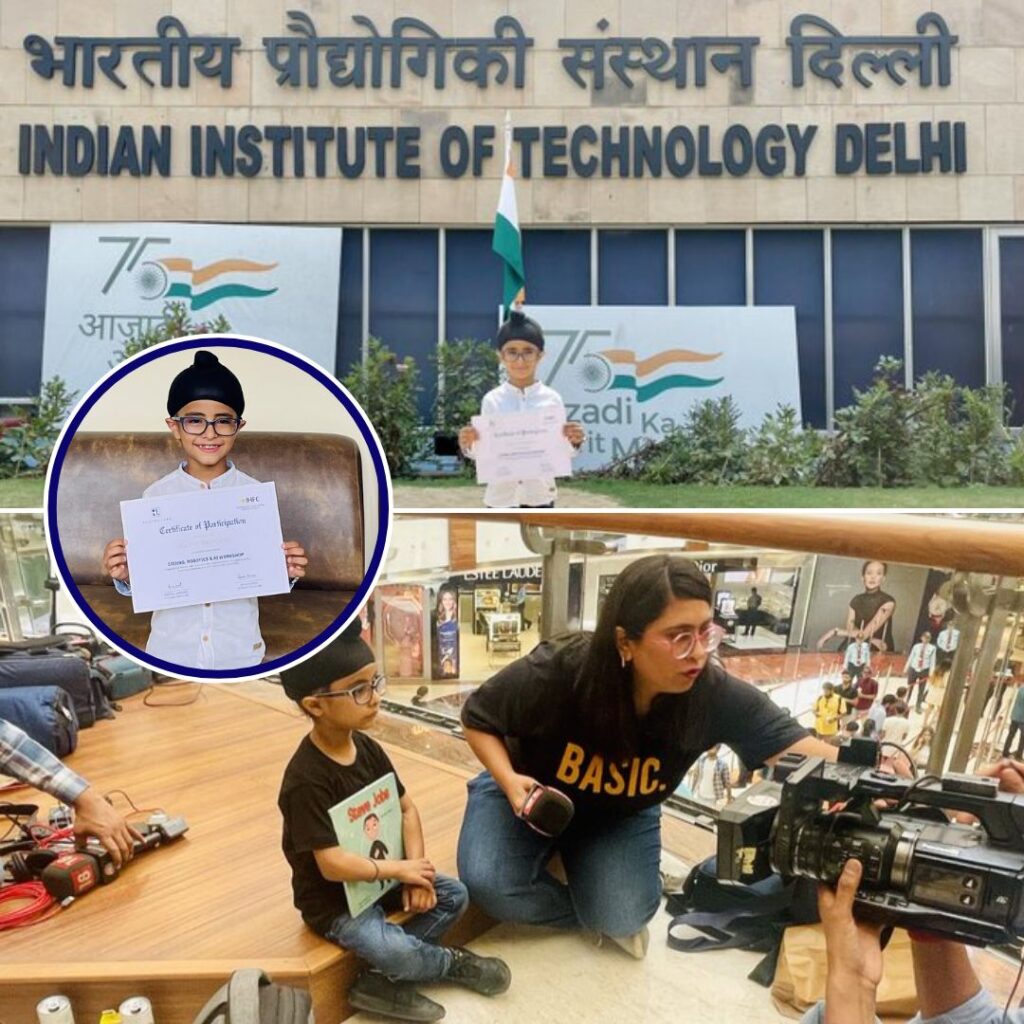SL Bhojegowda, a senior Janata Dal (Secular) member of the Karnataka Legislative Council, has ignited a political and public storm after openly admitting that he oversaw the mass killing of 2,800 stray dogs during his tenure as president of the Chikkamagaluru municipal council.
Speaking at a legislative council session on stray dog management, Bhojegowda described how the animals were poisoned and buried under coconut and coffee plantations “to serve as natural compost,” comments perceived by many as boastful and insensitive.
He justified the killings by arguing that stray dogs pose a greater threat to children from poor families than to those of the affluent. The statement has drawn widespread condemnation from animal rights activists, citizens, and political leaders.
The controversy comes amid Karnataka’s mounting stray dog crisis with more than 2.86 lakh dog bite cases and 26 suspected rabies deaths reported in 2025 fueling a larger debate over humane versus lethal control measures, especially as the Supreme Court recently reinforced a nationwide ban on stray dog culling.
Outrage and Official Reactions
The remarks, delivered in what many described as a matter-of-fact or even prideful tone, have sparked fierce backlash. Prominent animal welfare organisations, including PETA India and CUPA Bengaluru, have called Bhojegowda’s comments “morally repugnant” and “legally indefensible,” reminding that India’s Animal Birth Control (Dogs) Rules, 2001 prohibit killing stray dogs, except in rare cases of incurable disease.
Karnataka’s Municipal Administration Minister, Rahim Khan, acknowledged the seriousness of the stray dog challenge but warned that culling is not a lawful solution. “We cannot take action that contravenes the law of the land,” he said, adding that public safety must be addressed through sterilisation, vaccination, and better waste management to reduce food sources.
Bhojegowda, however, escalated his rhetoric, telling the Assembly that animal rights activists should have “ten stray dogs released in their homes” to understand the menace first-hand. His comments follow several high-profile incidents, including the fatal mauling of a five-year-old boy in Davanagere district earlier this year and two college students attacked in Bengaluru last month, incidents that have heightened public anxiety and polarised opinions.
Stray Dog Crisis, Legal Context, and Broader Implications
Karnataka’s stray dog population is part of a larger urban-animal management crisis faced by Indian cities. Stray-related conflicts often surge in areas where garbage mismanagement, urban sprawl, and lack of sterilisation programmes converge, creating conditions for rapid population growth.
According to the state’s health department, the 2.86 lakh dog bite cases recorded this year mark a disturbing rise compared to the previous five years.
While citizens frustrated by safety concerns demand harsh measures, the Supreme Court of India in its recent Delhi-NCR order reiterated legal protections for stray dogs, mandating their capture, sterilisation, vaccination, and monitored release or shelter placement, banning indiscriminate killing.
Bhojegowda’s call for Karnataka to petition the apex court for special permission to cull dogs reveals deep impatience but also pits local safety fears against national legal and ethical standards.
Rabies experts caution that dog killings alone do little to address disease spread and may worsen situations by creating ecological gaps rapidly filled by unsterilised newcomers, an argument supported by the WHO and OIE.
The Logical Indian’s Perspective
The mass killing of 2,800 dogs, presented as a matter of administrative achievement, is a grim reminder of how easily empathy can be sidelined in the name of efficiency or public safety. While nobody denies the seriousness of dog attacks and rabies deaths, solutions rooted in violence fail to address systemic causes and only perpetuate a cycle of fear and brutality.
Humane, science-backed interventions sterilisation, vaccination, proper waste disposal, community awareness programmes are proven to reduce stray dog populations while safeguarding both human and animal well-being.
The Logical Indian urges leaders to embrace approaches that combine kindness with effectiveness, rather than resort to measures that violate both law and conscience. Public safety and compassion need not be in conflict if we act responsibly and collaboratively.
How can Karnataka bridge the gap between urgent safety needs and ethical obligations, ensuring that vulnerable people are protected without stripping vulnerable animals of their right to life?












